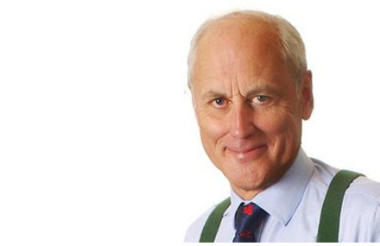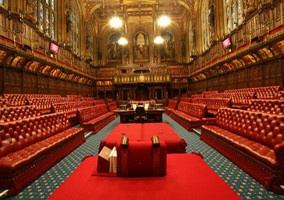Lord Hodgson has called for a rethink of "how charities and charitable status fit into modern society”, in written evidence to the House of Lords Select Committee on Charities.
Hodgson, who has led three government reviews into various aspects of the voluntary sector in recent years, said that the sector is now at a “crossroads”.
He warned that “without some positive action the past high reputation of the charity sector may suffer from erosion – a trend accentuated by the recent steady drip of negative stories”.
Are some charities too big?
Hodgson noted that: “There are now a number of charities which have very little or no volunteer input (other than the trustees).” He said this can mean that “something of what makes a charity distinctive is lost”.
He questioned whether organisations like the British Council should continue to be labelled charities.
“For example – the second largest charity is the British Council (annual income £973m),” he said. “No-one would argue that the British Council does not do very valuable work and is an essential part of Britain’s ‘soft power’ armoury but whether it is a ‘charity’ is perhaps more open to debate.”
He added that: “The existence of very large charities raises at least two other difficult issues which has caused some reputational damage to the sector.
“First the appropriate level of remuneration for the executives of charities with turnovers running into hundreds of millions of pounds. Second the extent to which local branches of big national charities can continue to reflect ‘local’ conditions or find themselves bound by national policies which may or may not fit them appropriately.”
Charity Commission's funding
Hodgson also said that he thinks “hybrid” funding for the Charity Commission is “is both appropriate and inevitable”.
He said this should not, however, lead to reform in how the Commission’s board is appointed to give the charity sector more say, because: “The sector cannot afford allegations of ‘regulatory capture’. Self-regulation, for better or worse, no longer commands public confidence.”
Related articles












